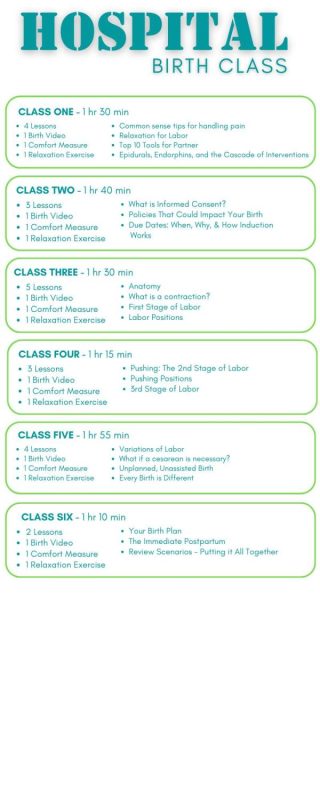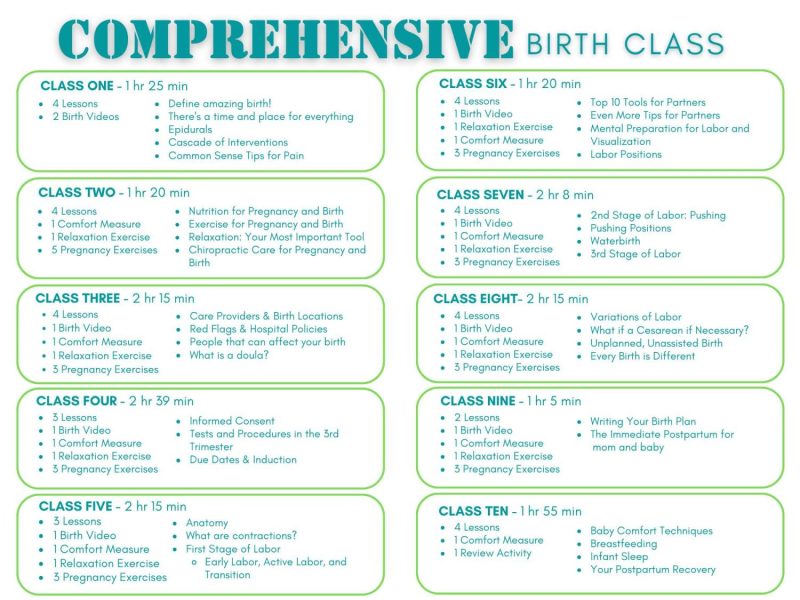The transition to parenthood is a unique experience in that some look forward to this time, while others fear the changes that will come. One thing is for certain: No matter how prepared you think you are (or aren’t), something is sure to surprise you along the way!
Bringing Baby Home is a workshop developed by the Gottman Institute and is based on years of research studying young couples during this transition period. The Gottman group has found that 67% of couples showed some decline in relationship satisfaction during the first year after their baby is born, while 33% of couples showed no decline or even had an increase in relationship satisfaction. To help shift these numbers in a positive direction and keep YOUR relationship in the “satisfied†group, let’s talk about some of the common changes you can expect during that first year.
1. There is a Profound Philosophical Shift
- Women and men realize they are not only daughters and sons, but are now also mothers and fathers. This can bring upon a heightened sense of responsibility, obligation and pride for new parents.
- Time starts to take on a new meaning. Many couples will now refer to life events as “Before Baby†or “After Baby.†This change is quite the example of the impact a new child can be on the family unit.
- Relationship roles may become more traditional than they were before, possibly causing strain on the relationship. It can be helpful to discuss role expectations before and after the baby is born.
REMEDY: To maintain relationship satisfaction, couples need to become more of a WE than two MEs. Take the time to communicate your feelings and concerns with one another. Having a child with your partner also allows you a great opportunity for closeness as you both love and care for your new baby together.
2. Relationships Change
- Conflict in the relationship tends to increase dramatically within the first year. While this may not be true for every couple, it is important to recognize when increased conflict is occurring, and to know that this is completely normal.
- Sex typically declines dramatically. Of course we all know sex is off limits for 6-8 weeks after birth, but what about after that? With poor sleep schedules, multiple life changes and increased stressors, it is no wonder a couple’s relationship can suffer in the intimacy department.
- Conversations and communication between partners often decline dramatically. Again, with lack of sleep and a new busy schedule of caring for the baby, it can be difficult to find time to connect.
REMEDY: To maintain relationship satisfaction, it is important for couples to realize that these changes are complete NORMAL. Increased conflict, decreased sex and communication are not necessarily signs that your relationship is headed south. These are simply cues that the transition to parenthood is taking place all around you.
3. Fathers Often Withdraw
- When a new baby is born, new mothers often receive support from other women. Sometimes this culture of support for the mother can alienate father and make him feel as though he is not needed in the care of his child or partner.
- Fathers are often more than happy to withdraw and spend more time working. This is something they know how to do and are good at doing. It’s also a way for father to “help†by providing for his family.
- Fathers are more likely to withdraw if the relationship with Mom is distressed. When parents don’t make time to connect with one another, this can impact Dad’s relationship with the child.
- Babies are more likely to withdraw from unhappily married fathers (this may be because the fathers withdraw first).
REMEDY: Keep fathers involved with their children. Especially if mother is breastfeeding, let father give the baby baths, change diapers and play with them during their waking hours. All types of interaction are important with your new bundle of joy.
4. There are Physical and Psychological Changes
- New parents are sleep deprived and stressed for an extended period of time.
- Sleep deprivation and exhaustion can make you depressed. Depression can exhibit itself as irritability, low motivation, or lack of interest.
- Sleep deprivation has a profound effect on the brain. One study found that when healthy volunteers were deprived of restful sleep for just one month, they became clinically depressed.
- Sexual desire may decline dramatically after birth. Don’t worry – this is normal, and typically improves after the first year.
- Psychologically, a woman may be emotionally unavailable to her partner. New moms tend to be very focused on providing care for their babies, which can result in less attention being given elsewhere.
- Decreased sex and emotional availability from mom can make the dad withdraw even more. Men tend to feel unwanted when sex becomes infrequent, effecting their willingness or ability to connect with their partners.
REMEDY: Make sure that emotional intimacy is restored soon after the baby’s birth to maintain relationship satisfaction. The Bringing Baby Home workshops can provide many essential tools for new parents to keep their relationship strong and healthy while making the transition to parenthood. Check out their website at www.bbhonline.org for local workshops in your area. Another great resource is “And Baby Makes Three†by Drs. John and Julie Gottman. You can also check out our website anytime for new information: www.makingroomforbabysd.com.
*Much of the information in this blog comes directly from the Couples Workbook for the Bringing Baby Home workshop, developed by Drs. John and Julie Gottman. Jennifer Lundy-Aguerre, Licensed Marriage and Family Therapist, is a Certified Bringing Baby Home Educator and works with new and expectant parents in her private practice in La Mesa, CA.








